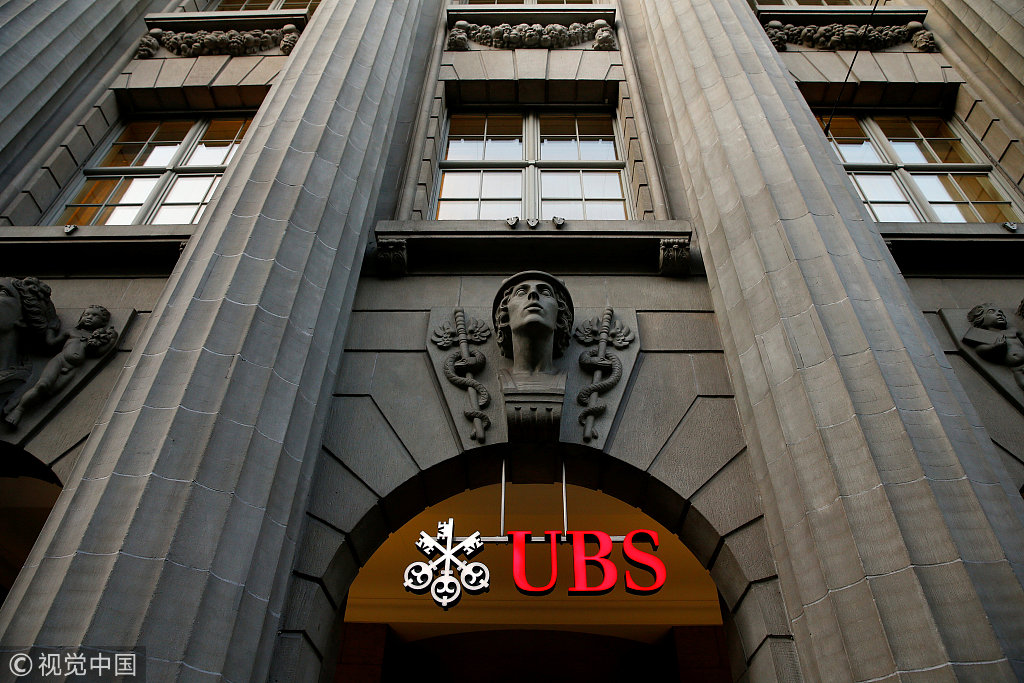'Equivalency' row pushes EU-Swiss relations to new low


The relationship between Switzerland, which is not part of the European Union, and the bloc's 28 member-nations broke down on the weekend as a row about the trading of one another's stocks, and Switzerland's 'equivalency' status, went to the next level.
On Monday, EU-based fund managers and banks were warned they could face imprisonment in Switzerland because of a new Swiss ban on the trading of hundreds of the nation's stocks on EU exchanges.
Bern introduced that prohibition in apparent retaliation, after the EU terminated its preferential treatment of Swiss stock exchanges, known as equivalency, which had ensured in the past that the EU treated Swiss exchanges as if they belonged to a member nation and which facilitated friction-free cross-border trading.
The Financial Times said the row marked a new low in EU-Swiss relations, which had been strained for several months because of ongoing talks to formalize more than 120 bilateral treaties between the two entities into a single deal – a so-called partnership treaty – that would require Switzerland to adopt some EU laws and accept a degree of freedom of movement of people into Switzerland from other nations.
The paper said Brussels hardened its line with Bern,in part, because it is likely to be asked to grant equivalency status to London's exchanges after the UK leaves the EU.
The EU commission said it had decided to allow Switzerland's equivalency status to lapse because of Bern's failure to accept the partnership treaty.
"At this stage, we have no indication about any intention of our Swiss partners to make further progress and hence there is no justification to extend the current equivalence decision beyond June 30," a commission spokesperson said.
The dispute means, from Monday, EU-based banks and traders are not allowed to buy and sell shares in Swiss enterprises, including Nestle, Roche, and Novartis, and Swiss traders will not be able to access EU-based stock exchanges.
Previously, around 30 percent of the trade in Swiss stocks took place on London-based exchanges.
Ignazio Cassis, Switzerland's foreign minister, said in a TV interview last week that the nation was not deliberately dragging its feet on the partnership treaty but that its democratic process meant it had not been possible for the country to move as quickly as the EU wanted in accepting the new arrangement.
"In the European Union, one has the feeling that we are playing for time," he said. "We in Switzerland know we are not playing for time. We need time because we have a different political structure and we cannot simply decide in the government and that's it."

































